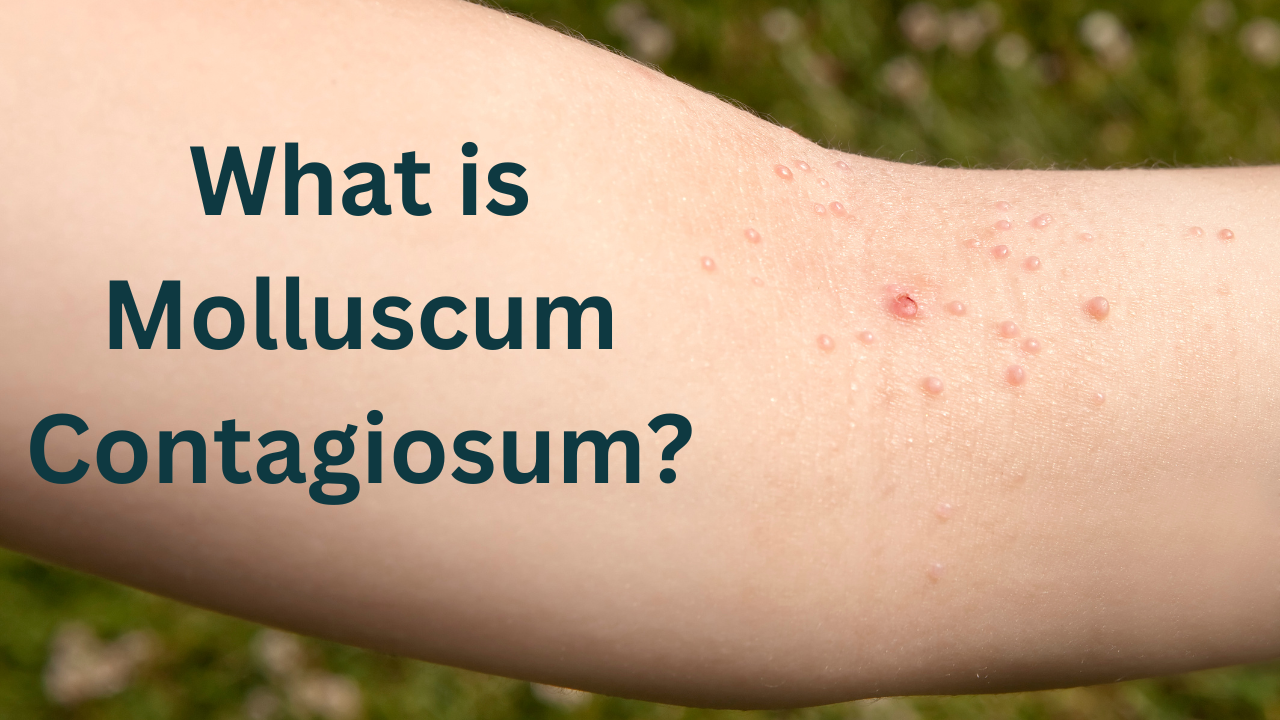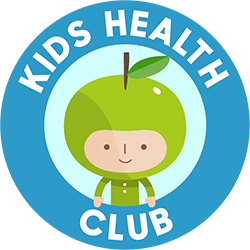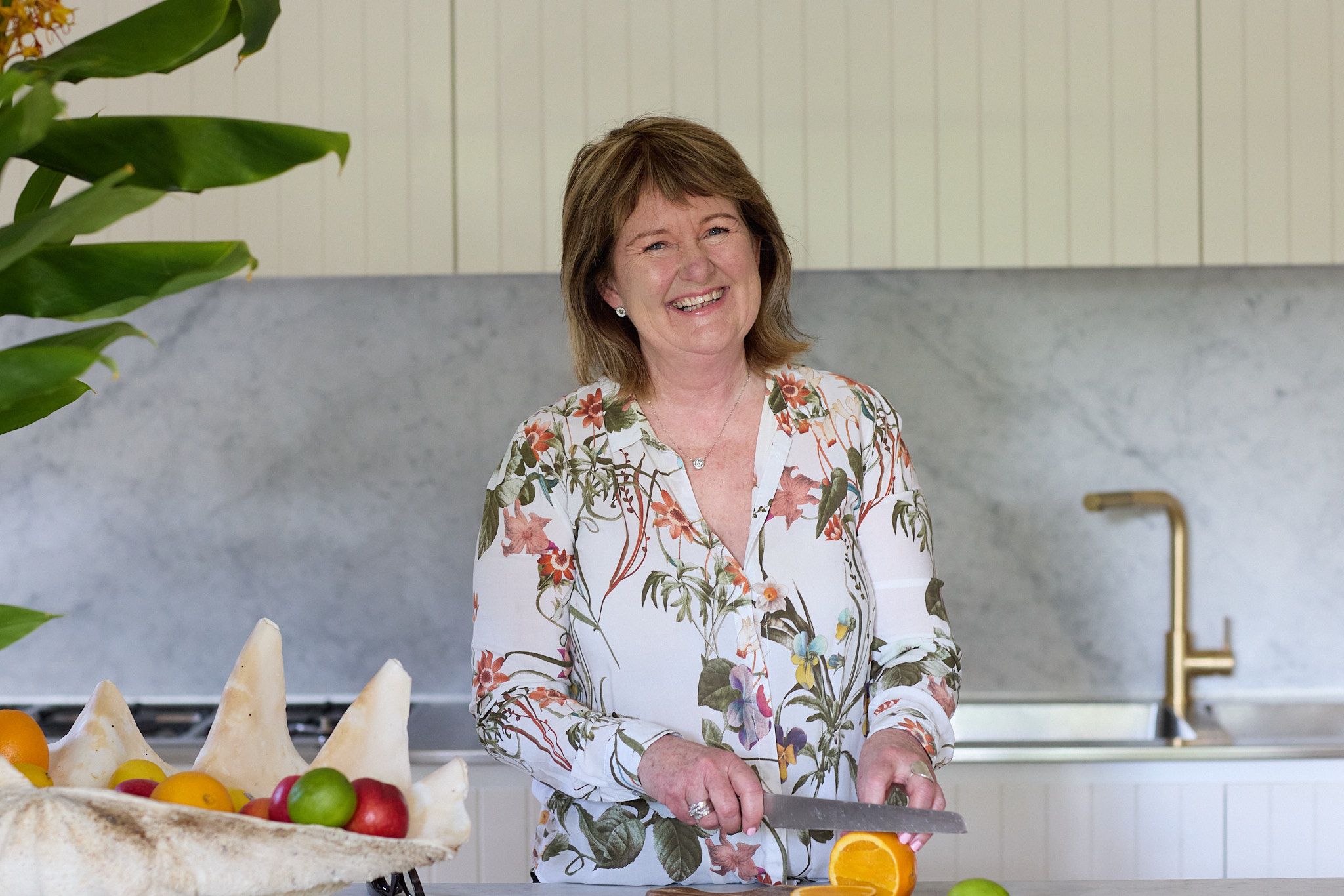What is Molluscum Contagiosum?

Childhood Molluscum Contagiosum
Molluscum contagiosum, often called "water warts," is a highly contagious skin condition characterised by dome-shaped papules that resemble water droplets. It is caused by the molluscum contagiosum virus, which exclusively infects humans.
This condition is most common in children, with a ratio of about 9:1 compared to adults, but can also affect sexually active young adults and those who are immunosuppressed.
How It Spreads
Molluscum contagiosum spreads through warm water environments, making swimming pools and baths common places for infection. Children with skin conditions like atopic dermatitis or eczema are more prone to contracting molluscum. Studies have shown that up to 62% of children with eczema may have molluscum.
The virus can also spread through direct person-to-person contact, self-inoculation (spreading the virus to other body parts by touching or scratching), and contaminated items such as clothing, towels, and toys.
Impact of Molluscum
Children with molluscum may face embarrassment, teasing, and social isolation. Parents often experience frustration due to the persistent nature of the condition, which may lead to numerous treatments, doctor visits, and time off work or school.
Preventing the Spread
To minimise the spread of molluscum contagiosum:
- Opt for showers instead of baths to prevent the virus from spreading through bath water.
- Avoid sharing baths and bath toys with other children.
- Dry areas with molluscum spots last to avoid spreading the virus via towels.
- Wash and dry bath toys after use.
- Avoid sharing towels, face washers, or clothing.
- Wash hands thoroughly after touching molluscum spots.
Common Treatments
Doctors often prescribe topical treatments such as imiquimod, cantharidin, or salicylic acid; as well as procedures like curettage, cryotherapy, and topical corticosteroids.
Natural Treatments
-
Lemon Myrtle Oil: A study found that a 10% lemon myrtle oil solution in olive oil led to significant improvement or complete resolution in 9 out of 16 patients after three weeks, compared to none in the control group using olive oil alone. Application involves one drop of lemon myrtle oil or olive oil to each lesion once daily at bedtime for 21 days or until lesions resolve.
-
Duct Tape Occlusion: A 2004 case report described using duct tape therapy for recurrent molluscum. Duct tape was applied to each lesion after bathing and reapplied as needed. After three weeks, most lesions were crusted over, and after two months, lesions had disappeared without scarring or irritation.
-
Tape Stripping: Recommended by Perth Children’s Hospital, tape stripping involves applying medical tape to the molluscum lesions and removing it quickly to remove the central umbilicated area. This method may be painful but can be considered if duct tape occlusion is unsuccessful.
Naturopathic Treatments
-
Molluscum Cream/Ointment: Topical applications like thuja, lemon myrtle, lemon balm, and St John’s Wort have antiviral properties. Over-the-counter options include Martin and Pleasance Thuja Cream or Wildcraft Dispensary Thuja Ointment. Apply 1-3 times daily using a clean spoon and hands to avoid contamination. Cover spots to prevent spreading.
-
Prebiotics and Probiotics: These, along with vitamin C and zinc, can support a healthy immune response. For persistent cases, liquid herbal medicines may be beneficial. Consult a natural medicine practitioner for personalized advice.
Conclusion
Molluscum contagiosum, while often a persistent and socially challenging condition, can be managed with a combination of conventional treatments and natural remedies. Preventative measures and hygiene are crucial in controlling its spread.


